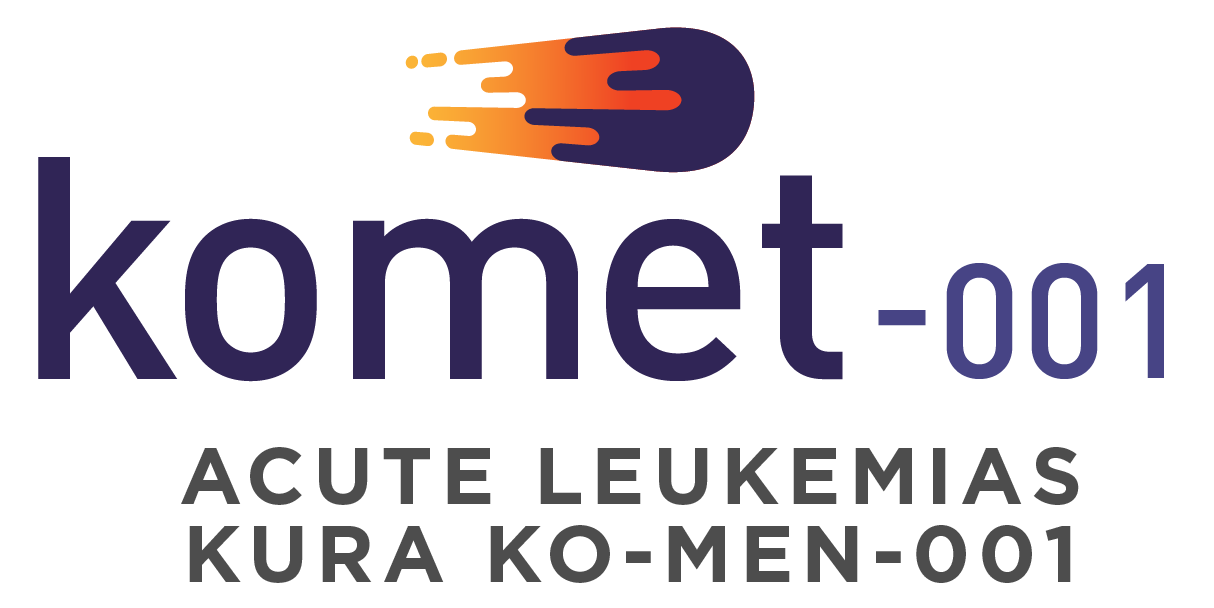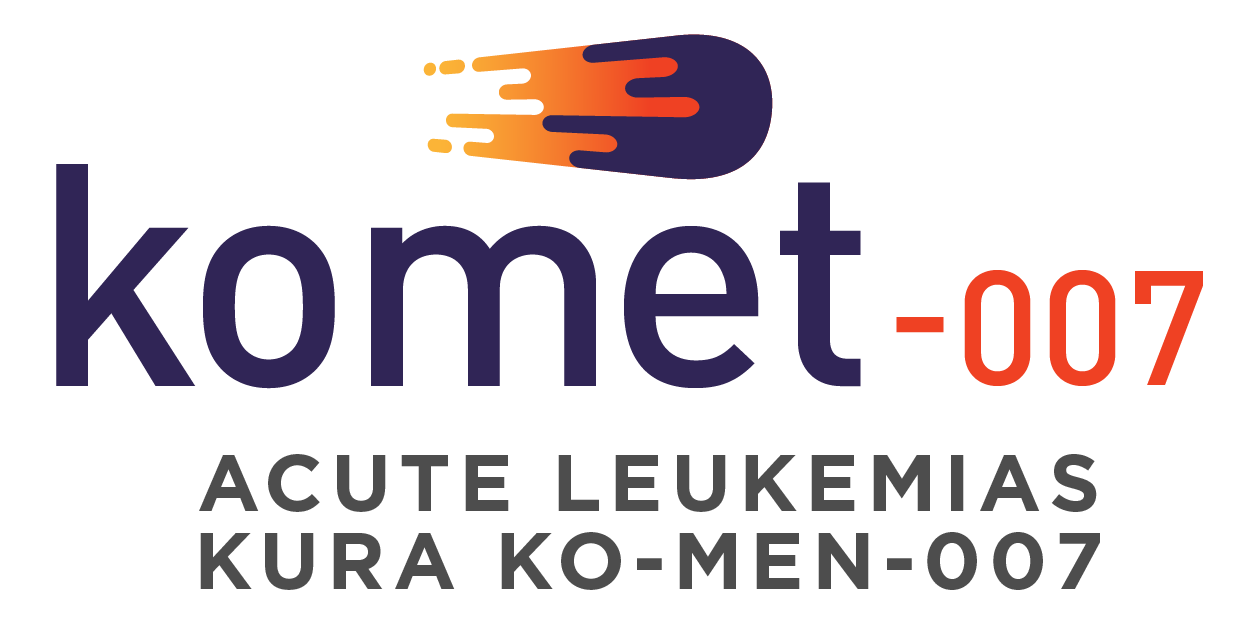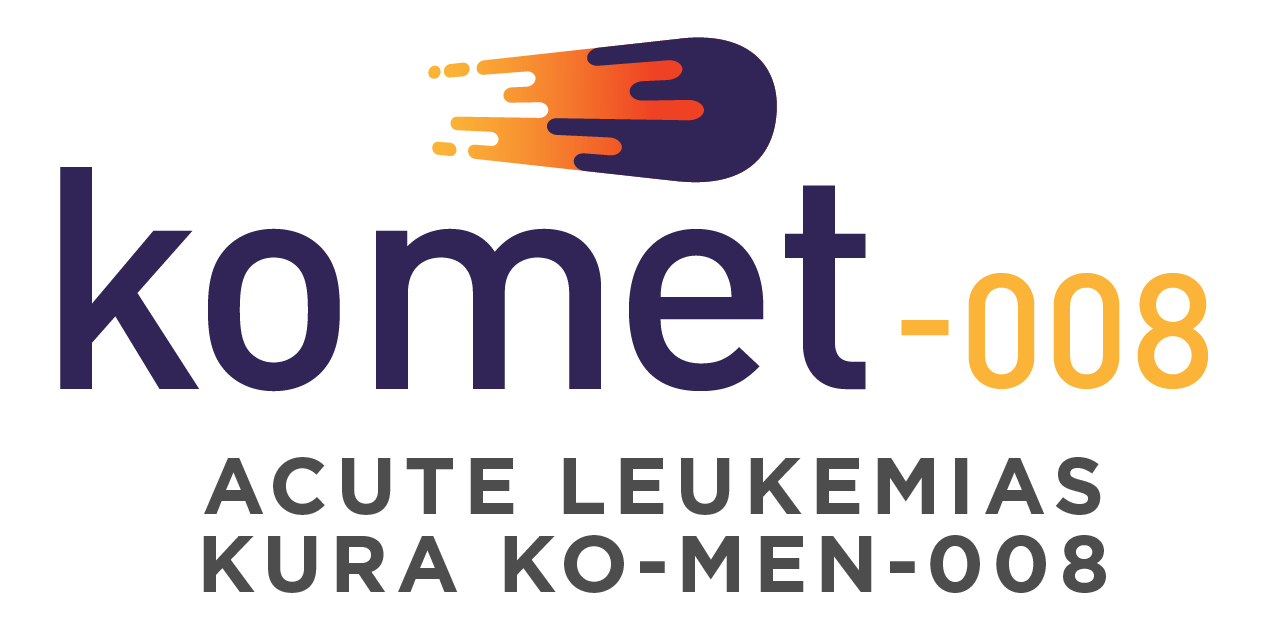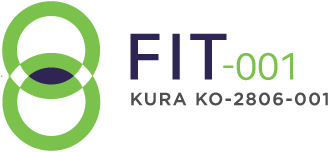Our programs consist of small molecule drug candidates that target cancer signaling pathways, where each program builds on our expertise in precision medicines.
Program
Development Approach
Research
Dose Escalation
Dose Optimization
Registration-Enabling
Regulatory Submission
Clinical Trial
Menin Inhibitor
Ziftomenib**
Monotherapy
Monotherapy
Combinations with venetoclax/azacitidine, and cytarabine + daunorubicin (7+3)
Combinations with venetoclax/azacitidine, and cytarabine + daunorubicin (7+3)
Combinations with gilteritinib, FLAG-IDA, LDAC
Combinations with venetoclax/azacitidine, cytarabine + daunorubicin (7+3)
Ziftomenib
Ziftomenib is being investigated in up to 50% of AMLs, including NPM1-mutant AML and KMT2A-rearranged AML. It is also being investigated in combination with other cancer therapies.
**In Nov. 2024, Kura entered a global strategic collaboration agreement with Kyowa Kirin Co., Ltd. to develop and commercialize ziftomenib for AML and other hematologic malignancies.
Farnesyl Transferase Inhibitors
Darlifarnib (KO-2806)
NEXT-GEN FTI
Monotherapy, combinations with cabozantinib and adagrasib
Darlifarnib (KO-2806)
Darlifarnib (KO-2806) is an investigational potent next-generation FTI designed to potentially improve upon earlier FTI drug candidates. Darlifarnib is not FDA-approved and safety and efficacy have not been established.
Farnesyl Transferase Inhibitors
Tipifarnib
Combination with alpelisib
Tipifarnib
Tipifarnib is an oral investigational FTI that is not FDA-approved. Safety and efficacy have not been established.
Next-Gen Menin Inhibitor
The safety and efficacy of investigational agents and/or investigational uses of approved products have not been established.
FLAG-IDA: fludarabine, high-dose cytarabine (Ara-C), granulocyte-colony stimulating factor (G-CSF) and idarubicin; LDAC: Low-dose cytarabine
XOSPATA® (gilteritinib); PIQRAY® (alpelisib)
1 KOMET-017 program to advance directly to Registration-Enabling trials, leveraging data from Phase 1 combination trials.
2 Enrollment is complete.





